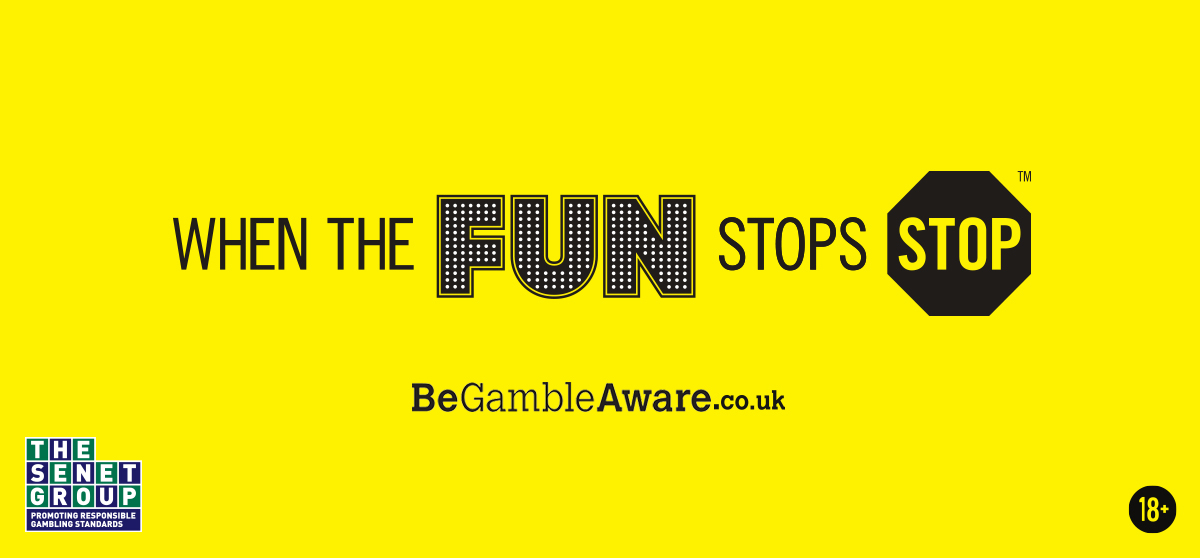A PLETHORA OF NUANCE
I am still getting emails questioning my intelligence and more or less telling me to enrol in english classes if I don't know that method and system are the exact same thing. I have to retort that if they are exactly the same thing, why are there two words in the english language saying the same thing.
The truth is they are not two words saying the same thing. The beauty of the english language is its plethora of nuance. If you don't understand that, then enrol on an english course....
Let's finally put this argument to bed. A system is not a method and I'll now show you why.
To make this random I simply googled "horse racing system" to find a system in the public domain (no copyright issues). I came across this one.Relayline
- 1: Use all flat racing handicap races in the UK including all weather races.
- 2: The horse must be the betting forecast favourite or joint favourite in the Racing Post betting forecast.
- 3: The price must be between 2/1 to 15/2 inclusive.
- 4: The horse must have won its last race within the last 15 days
- 5: The horse should be between 2 and 5 years old
- 6: The horse should be male, i.e., a colt or gelding
Now, if you are a systemite, you had no choice but to bet the horse. But if you looked at Pickering methodologically, you might have thought twice. There are many methodologies but the one I use is the "pro/con" approach. So here is what I came up with for the horse.
PROs
- 1: In form
- 2: Fit
- 3: Low weight
- 4: Distance winner
- 5: Has run well on the ground
- 6: Posted best racing post ratings figure last time
- 7: Posted best Topspeed figure last time
- 8: Top rated by TowerForm
- 9: Trainer in reasonable form
- 10: Trainer has reasonable course record for the race type (26%)
- 11: Jockey has good record with trainer (29% on 4-Y-O+)
- 1: Won only twice in 17 runs
- 2: Runs best when fresh (both wins, including last time came on seasonal debut)
- 3: Never won from this mark (62 plus 7lb ex = 69)
- 4: Not been placed at Ripon (2 runs)
- 5: Has unfavourable draw
- 6: Overall form suggests it is better running in sprints with bends (best form at Pontefract, Warwick and Wolverhampton - none run on a straight track)
- 7: Never run well in class 4 or higher.
Many of the negatives say Pickering is not visibly progressing, hasn't performed well against this class (Class 4), and doesn't run well on straight tracks. Add the negative that it has only won on its seasonal debut run (which came last time out) and you worry if the horse is up to the task.
If you are a system follower, you never see the negatives. You simply back the horse with a blindfold over your eyes and a broken synapse or two in your brain. If you use the above or similar method, you don't bet the horse.
In the end Pickering ran well, being beaten less than half a length. It was an excellent run. But the fact is he got beaten. And it left me with the impression that had the race been a Class 5 handicap at Pontefract, he would have won. But it was a Class 4 handicap at Ripon. And he lost. Even though the final result was very close, I sincerely hope I have proven that METHOD IS NOT THE SAME AS SYSTEM.
Now, leave me alone...
